Why the Curriculum of Kindergarten Matters for Early Learning
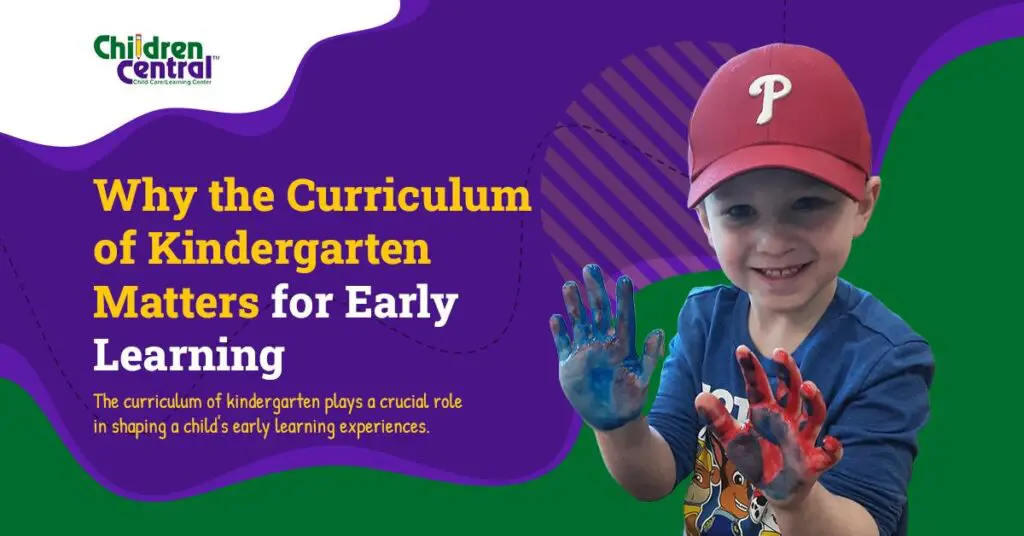
The curriculum of kindergarten plays a crucial role in shaping a child’s early learning experiences. During these formative years, children develop essential skills that lay the foundation for success and social development. A well-structured curriculum fosters curiosity, creativity, and a love for learning by integrating engaging activities that promote cognitive, emotional, and physical growth. Children […]
Yardley PA Pre-K Developmental Milestones By Subject: What to Expect
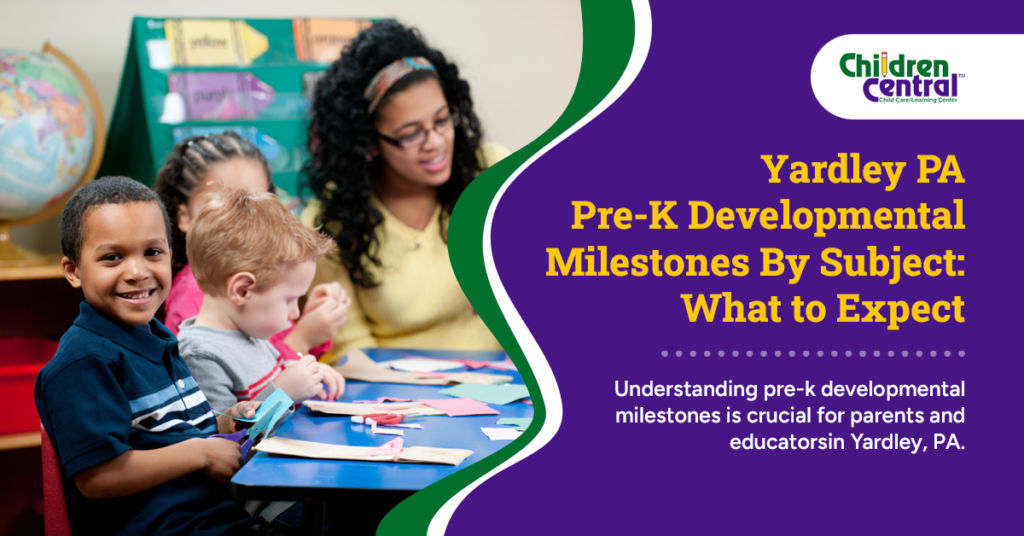
Understanding pre-k developmental milestones is crucial for parents and educators in Yardley, PA. These milestones encompass critical cognitive, social-emotional, physical, and language development, providing a comprehensive view of a child’s growth. At Children’s Central Child Care, we emphasize nurturing these aspects through our structured, supportive curriculum. By recognizing and fostering these milestones, we ensure […]
Importance of Quality Pre Kindergarten Curriculum
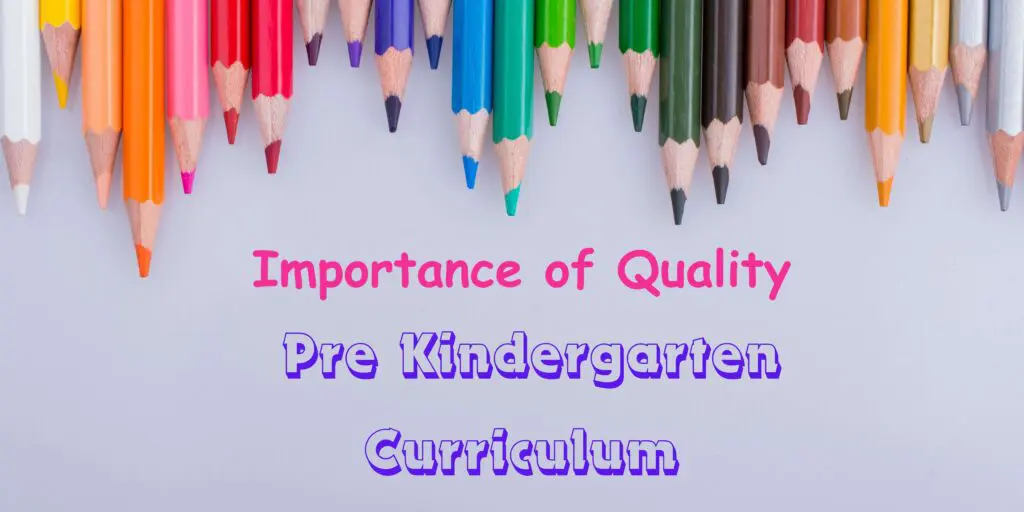
Choosing the right pre kindergarten curriculum is one of the most important choices you’ll make to get your child ready for school. Ages 3 to 5 are times of major growth in thinking, motor skills, language, and emotions. An excellent pre-k program curriculum supports learning across all areas in ways that stay with kids for […]
Important Questions to Ask When Choosing A Preschool for your Child
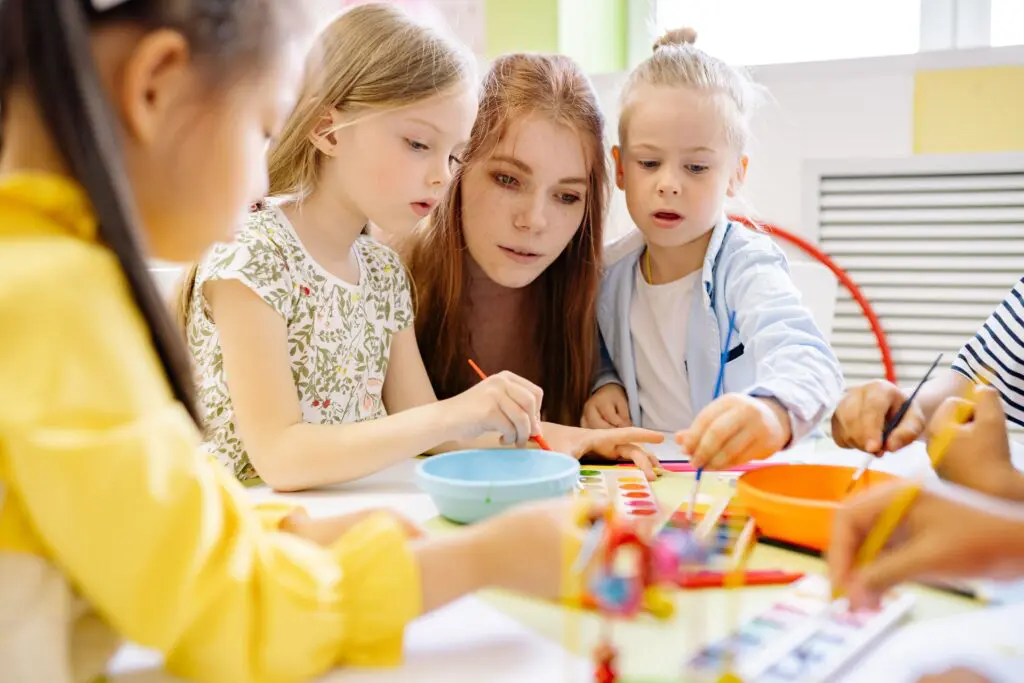
Choosing the right preschool for your child is an important decision as a parent. A good preschool can lay the foundation for a child’s love of learning, social skills, and emotional development. But with so many options available, it can take time to figure out where to start. That’s why it’s crucial to ask the […]
6 Ways How to Prepare Child for Preschool

Preschool education is one of the important keys to a child’s academic success. In preschool, children are exposed to letters, numbers, shapes and other essential foundations of learning. It is also in preschool that kids learn the skills that help them become successful individuals. While preschool can benefit your child in more ways than one, […]
7 Things Your Child Will Learn in our Langhorne Preschool
As a parent, it is important to understand that your child’s early years are crucial in their development. To help them reach their highest potential, you should choose a preschool that will give them well-rounded experiences and allow them to grow in various areas. Children Central, our Langhorne preschool, offers a program that focuses on […]
5 Ways Summer School Helps Prepare Your Child for Kindergarten
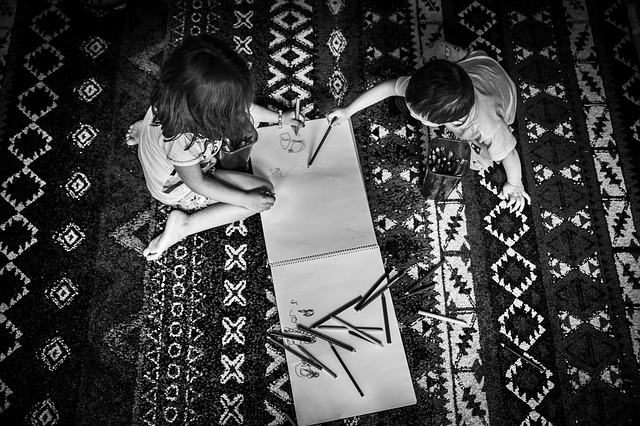
What Does My Child Need To Know For Kindergarten? If you’re a panicked parent right now questioning whether your child is going to be ready for kindergarten in the fall, summer school might be the right answer. More and more children are participating in these programs, and their parents see great results. If your child […]
How to Prepare Your Child for Kindergarten
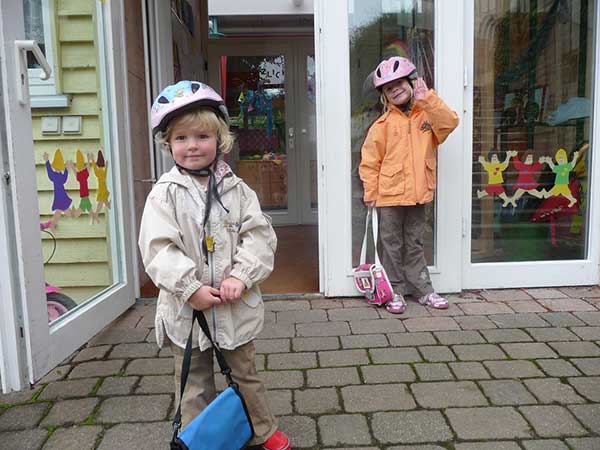
What are steps you can take to prepare your child for kindergarten right now? Kindergarten readiness is an important topic for parents, and it can be extremely overwhelming. How do you know if your child is ready for kindergarten? There are guidelines that help educators and parents alike understand if a child is ready for […]

